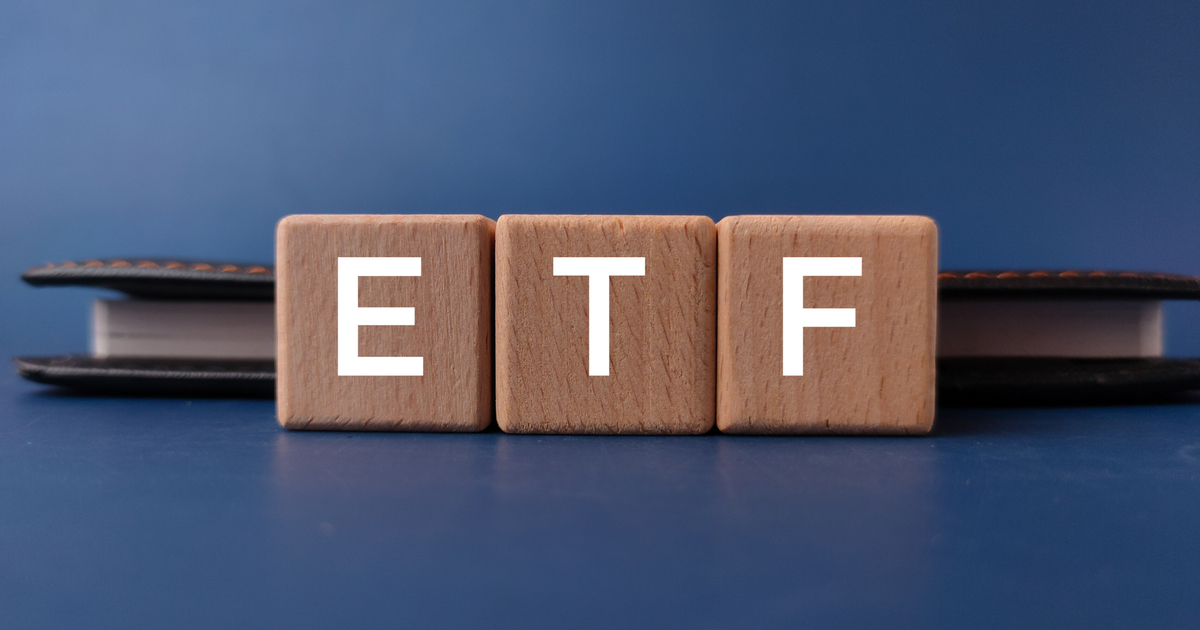Heart attack of the mind: breaking the silence on suicide and mental health
After losing a close friend to suicide, therapy provided the 'essential medicine for the mind'.
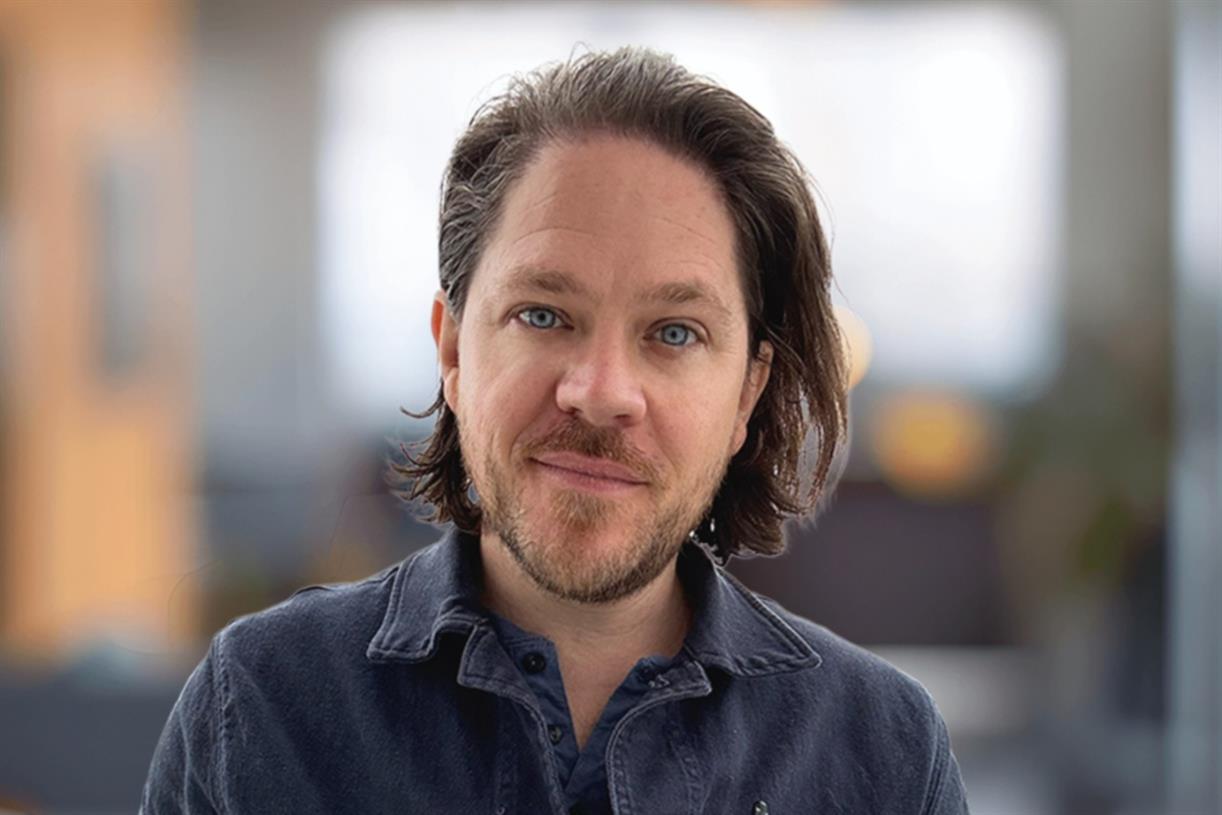
In 2023 I lost my best mate, mentor and business partner, Matt, to suicide. We'd worked side-by-side pretty much every day for over ten years, building our creative agency The Table. He was the person I turned to for advice, for top banter, for cheeky halves and chats about everything from Miles Davis to martial arts and all sorts of nonsense in between. He was like family to me. Losing him changed my life forever.
Like anyone who has experienced suicide, I spent hours and days (and still sometimes do) searching back through emails and messages. Wondering if I could have said more, spotted more, done more. I think that's normal. It comes with loss. The hard part is accepting that it's not always useful. At the time, I was checking in on Matt. We were chatting and messaging while he was taking a bit of time out after a family loss. His back was playing up, but then it often was. He was 100 per cent classic Matt. Apart from the fact that he felt he wasn't quite firing on all cylinders work-wise. I reassured him that he was needed back at The Table, but I also tried not to pressure him too much. His replies felt like him, like the way we always chatted. These are the ones I still check back on.
That's one of the most frightening truths I've had to sit with. You can love someone, talk with them, check in with them, and it can still happen. Suicide doesn't always come with the warning signs you'd expect. Sometimes it really is like a "heart attack of the mind" – sudden, devastating, confusing and surreal. I've read, listened and tried to learn as much as I can about suicide since it happened.
Reading Professor Rory O'Connor's book When It Is Darkest (a heavy one, obviously, but worth a read if you can) helped me see that there are common warning signs, feelings of uselessness, believing nothing will ever change and feeling trapped. But they don't always show themselves in ways others can easily spot.
In the aftermath, my life didn't pause. I still had a business to run. And later that same year, I became a dad for the first time. I had a supportive partner (now wife), a close, open family and super-kind friends around me, but grief is lonely even when you're not alone. I knew that I needed to take this seriously and get professional help. Get therapy.
'Therapy is essential medicine for the mind'
There's still a bunch of stigma attached to therapy. People often say things like "we talk about everything" or "I've got my own ways of dealing with it." And that's fine. Some people see it as a last resort or something you only turn to when you're falling apart (like me back then). Others might think it's intrusive or even a weakness. But it's the opposite. Therapy is essential medicine for the mind. It's not about being cured or getting all the answers. It's about being able to sit in a room, or on a screen, with someone who doesn't judge you, doesn't rush you, doesn't actually know you. It's being totally and utterly honest, vulnerable and open with a stranger. And it's incredibly refreshing for the ol' brainbox. It gives you space to speak the thoughts you can't always say to those closest to you, without fear of worrying them, scaring them or maybe even hurting them.
That's where Nabs came in for me. A close industry friend of mine recommended them. It took about two months before I actually called them. It's a dichotomy that when you're feeling low or lost, you have to gather the strength of mind to seek help. Definitely not easy. But they made it easy. For those who don't know, Nabs is a charity supporting people in the advertising, media and marketing industries.
After the initial call, where they politely asked why I had called today, I then non-stop waffled at them for about 15 minutes. They listened, properly listened, and later kindly sent me ongoing support and some links offering me a bunch of free therapy sessions.
At that time, when everything felt fractured, surreal and uncertain, therapy gave me the space I needed. After my first ever therapy session, I'd cried (really cried), I couldn't speak for bits of it, I waffled profusely, I blanked out, and at the end, my therapist said: "You've filled the room with Matt today." That still breaks my heart. It obviously didn't fix everything. I actually felt like I was back to square one when I left the session that day, like wading through a thick soup as I made my way to meet my partner and shuffle onto the gingerline at Shoreditch. But it did help me begin to carry the loss and to keep moving forward as a human, a partner, a dad and a creative/business owner.
'Suicide is often invisible'
One of the myths about suicide is that it only happens when people want to die. Another is that talking or reading/listening about it too much puts the idea in someone's head. Both are untrue. Suicide is complex, layered and often invisible. I've learnt that people can often be sustained by those around them far longer than you might realise. And it's scary that you won't often see the end coming. Talking about it doesn't plant the thought; it sheds light on a taboo and complicated subject, opens the door to honesty, to shared theories and sometimes outdated thoughts to someone potentially feeling less alone.
What I've learned since losing Matt is that there are no perfect words, no perfect actions. We do our best with the knowledge we have at the time. Sometimes that's enough to keep someone going; sometimes it isn't. Checking in helps, but checking in also takes emotional space and strength, so that's not always the best advice when we're all feeling a bit stretched, strung out and busy. What we can do is talk (or listen) more openly when we do get the chance, try to educate ourselves about the signs and try to make use of the support that exists.
If you're struggling, therapy is worth giving a serious go. Don't rule it out or leave it for another day. It isn't a weakness. It isn't indulgence. It's medicine. You don't have to wait until a major life incident either, just search it up today and go for a little mental health check-up. There are loads of options out there, of course, but if you're in the creative world, Nabs is a good place to start. Not enough people know about them, but they should.
I can't change what happened to Matt. But I do now try to speak about suicide and mental health as openly as possible. Hopefully, this little piece can point someone towards help. Because it is out there. And it does genuinely help.
Darren Turner is founder and creative director at The Table
If you've been affected by any of the issues in this piece, get free, confidential help via Nabs' advice line on 0800 707 6607 between 9am and 5.30pm, Monday to Friday.
The Samaritans helpline is also available on 116 123 for free, 24 hours a day, 365 days a year.
Campaign Against Living Miserably's free helpline runs from 5pm to midnight on 0800 58 58 58. There is also support through a Livechat or WhatsApp.

 Astrong
Astrong 







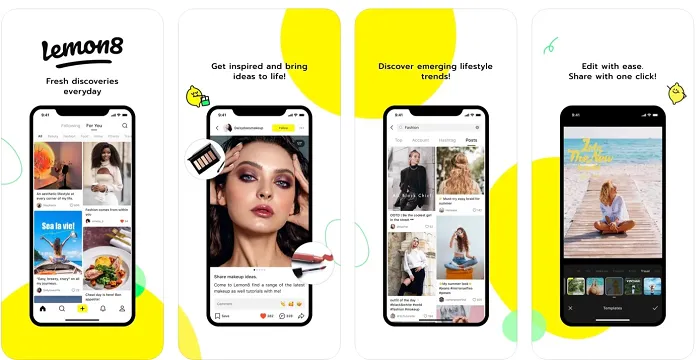
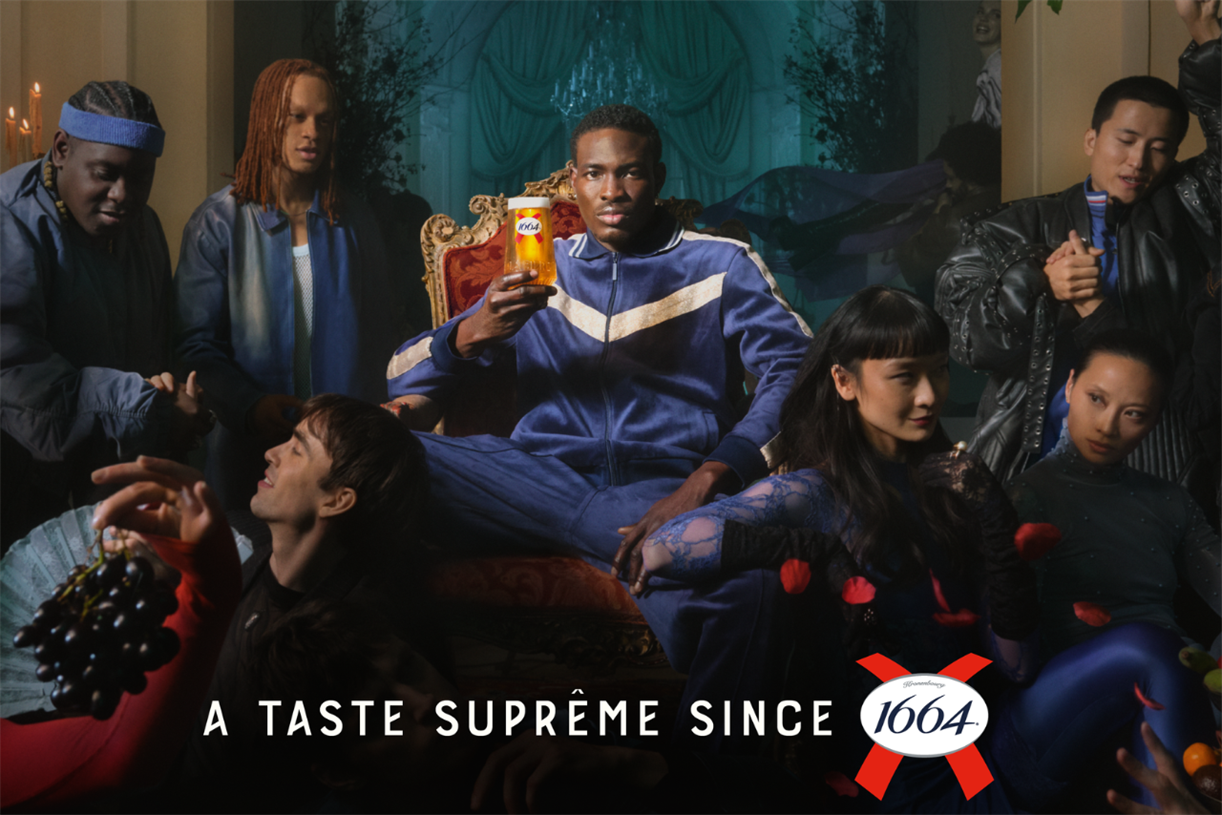
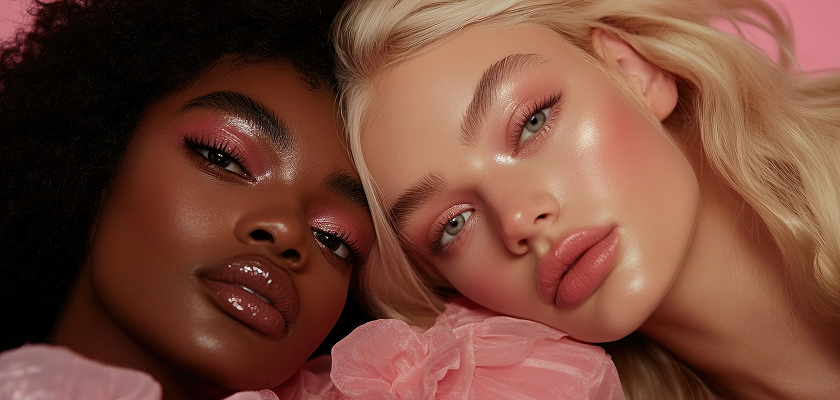
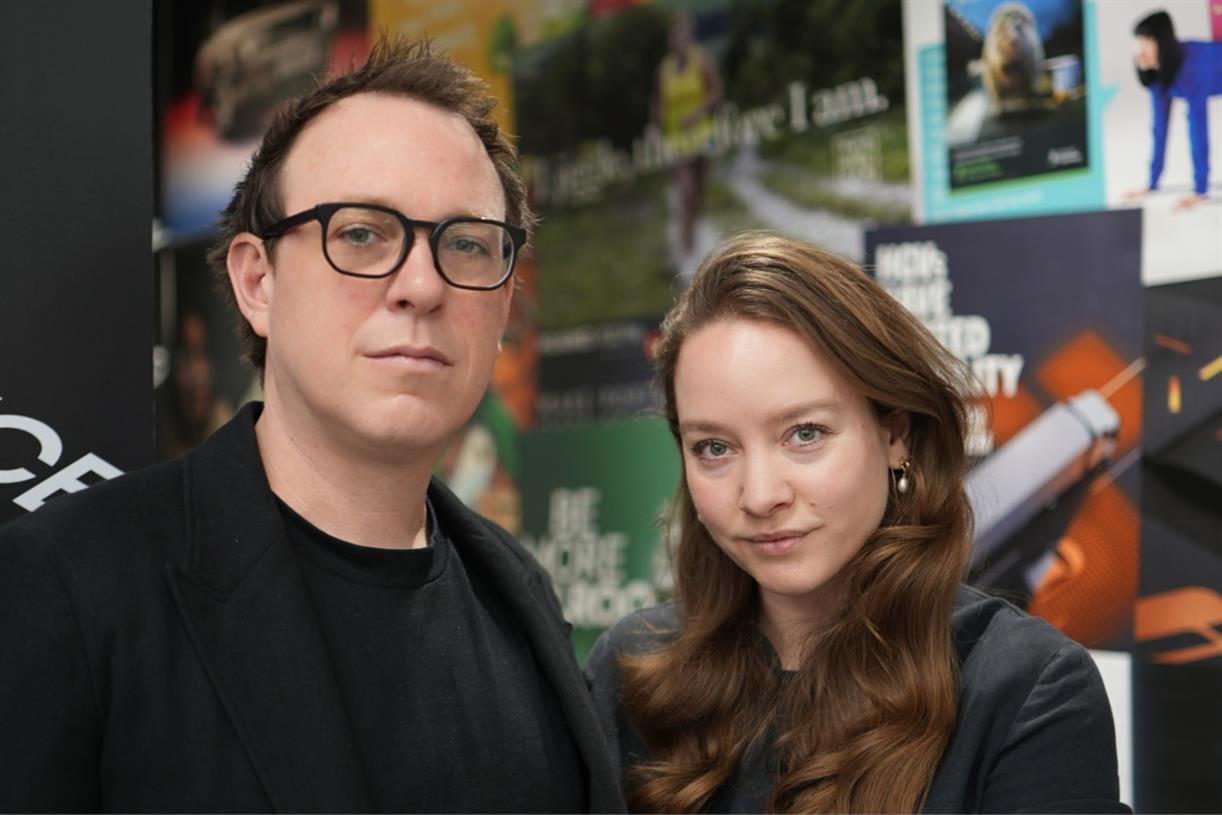
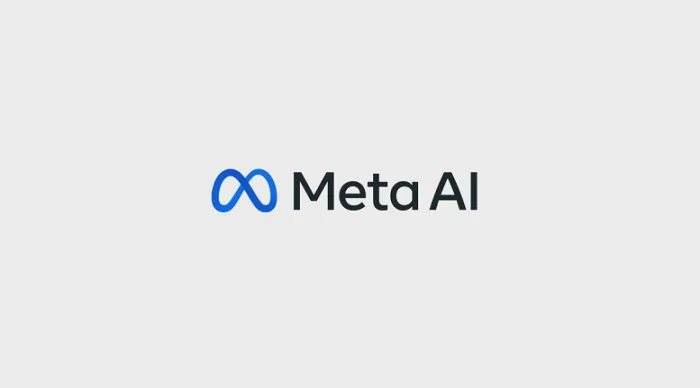
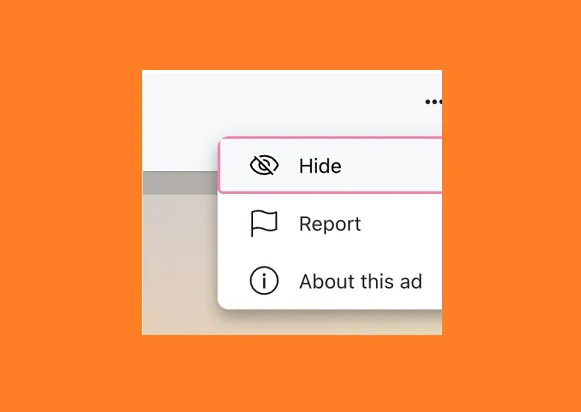








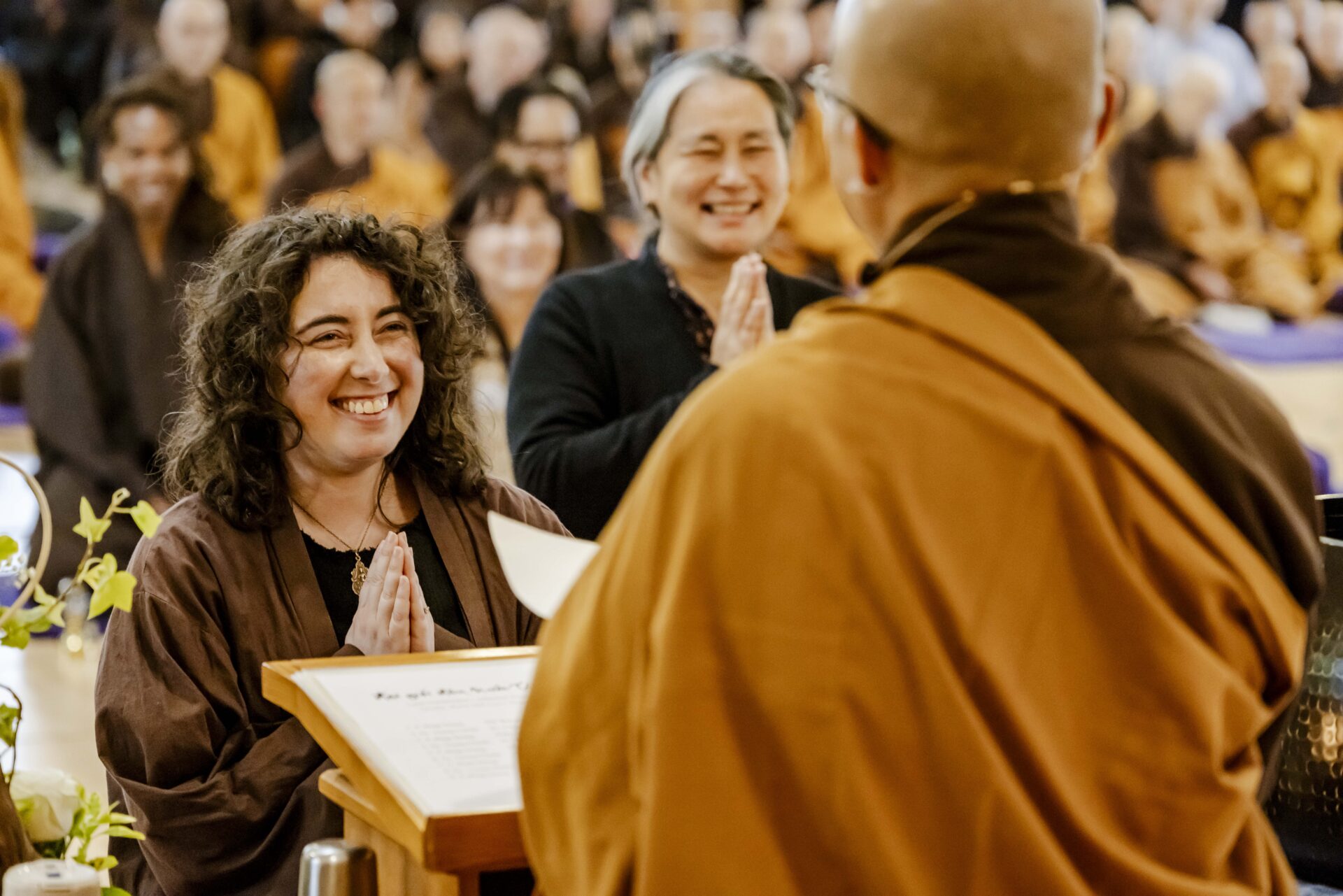

_1.jpg)


![We’re Bringing The SEJ Newsroom To You, Live [Free Event] via @sejournal, @hethr_campbell](https://cdn.searchenginejournal.com/wp-content/uploads/2026/02/sej-live-ap-2-974.png)

